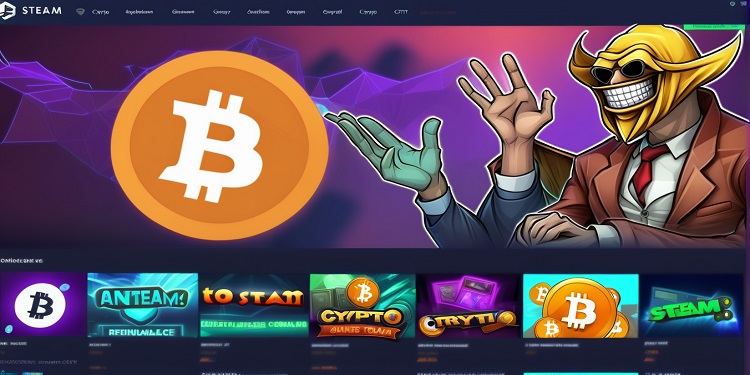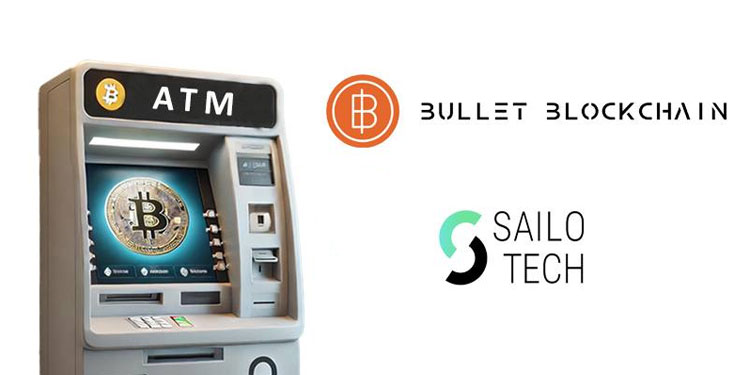A controversial video game accused of being a cryptocurrency scam is set to launch on Steam, raising concerns about the platform’s enforcement of its blockchain game ban. The game, named Paradise, has been promoted as an action-packed experience resembling Grand Theft Auto 6, where players can drive cars, engage in combat, and earn money. Despite Valve’s established policy prohibiting blockchain and NFT-based games, the title remains on track for early access release on April 2.
The developers, Ultra Games, have showcased gameplay elements through a recent trailer that features a protagonist navigating through AI-generated environments. The game also claims to allow players to interact with non-playable characters (NPCs) using artificial intelligence. However, the developers’ past conduct and the game’s integration of blockchain technology have fueled suspicions. Critics allege that the $PAR token, which serves as the game’s in-game currency, may be part of a fraudulent scheme. Some investors reportedly encountered issues withdrawing funds, sparking allegations of financial misconduct.
Misleading Promotions and Dubious Claims
Ultra Games has faced criticism for its misleading promotional tactics. Previous marketing materials falsely suggested partnerships with popular streamers like Ninja and Pokimane. Additionally, trailers included unlicensed depictions of luxury cars, such as Lamborghinis. Investigations by content creators and YouTubers revealed further discrepancies. A Hong Kong address listed as the company’s headquarters was found to be fraudulent, with further evidence suggesting its actual operations are based in Tbilisi, Georgia, a region with a troubled history of blockchain-related scams.
While developers have stated that the Steam version will not feature cryptocurrency elements, skepticism remains. Many speculate that the game could redirect users to a third-party app, effectively bypassing Steam’s ban on blockchain-based games. This approach could expose players to financial risks without violating the platform’s specific terms.
Regulatory Loopholes and Platform Responses
Despite growing scrutiny, Valve has yet to issue a response regarding the game’s presence on Steam. Since 2021, Steam has maintained a strict policy against games incorporating NFTs and cryptocurrencies. However, the developers have made several adjustments to Paradise’s store page, removing any direct references to blockchain technology. The lack of transparency has fueled criticism, with some questioning whether the game’s eventual release will adhere to Valve’s guidelines.
Meanwhile, Epic Games has also allowed the game onto its platform. Initially removed, the title reappeared under the name Paradise XRPL, with explicit references to its blockchain functionality. The store page features an FAQ asserting that the crypto token integration benefits players by streamlining transactions, facilitating player-to-player trades, and unlocking exclusive content. Epic Games has similarly declined to comment on the matter.
Growing Concern Over Consumer Protection
The controversy surrounding Paradise has reignited debates over the regulation of blockchain-based games. Critics argue that games like Paradise pose significant risks to consumers, particularly when cryptocurrency components are obscured or misrepresented. Without clear enforcement from platforms like Steam and Epic Games, players remain vulnerable to scams and financial losses.
Industry analysts suggest that stronger regulatory measures and increased platform accountability are necessary to protect users from deceptive schemes. As the release date approaches, the fate of Paradise may serve as a critical test of how major gaming platforms handle blockchain-related controversies in the future.
The situation underscores the need for vigilant consumer awareness and responsible oversight in the rapidly evolving intersection of gaming and cryptocurrency. Until definitive actions are taken, players are advised to approach such titles with caution, ensuring they are fully informed of any associated financial risks.









